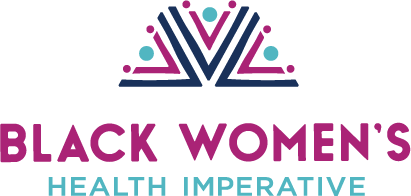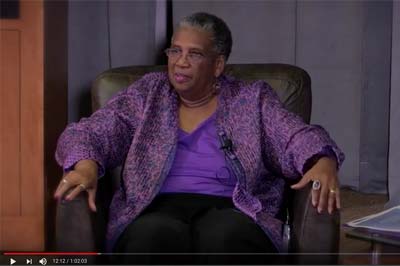A call to action on Black women’s health
Living in Provincetown is a unique experience. It seems as if we are at the end of the world, tucked away on a beautiful spit of land, surrounded by glorious views and magnificent beaches, sunsets, and protected lands. It’s easy to close my eyes here and think that living is easy.
I’m impressed with the due diligence we pay to protecting the National Seashore, the piping plovers, the pesky wild turkeys, the coyotes, and the foxes. It is encouraging to see how the people here pull together in the face of adversity, and while among our community we have people with food insecurity, unaffordable housing, and drug addiction, attempts are always being made to address these problems.
For over 47 years, I have been part of the women’s health movement, focusing on reproductive health services, Black women’s health and wellness, and access to health care for all. In 1983, I founded an organization dedicated to Black women’s health issues. The election of 2016 threatened my entire life’s work.
While I am grateful to be living in the Commonwealth of Massachusetts, where the rate of uninsured residents is the lowest in the U.S., it is impossible to ignore our nation’s inability to provide basic health care to its people. In 1966, Martin Luther King Jr. declared: “Of all the forms of inequality, injustice in health care is the most shocking and inhumane.”
The current Covid pandemic has confirmed that our health care (actually, sick care) system approach is woefully inadequate and filled with inequities. We have known this for decades and that the solutions to these inadequacies and inequities would face powerful political and economic challenges. But the time for change is now.
We Americans must address institutional racism, but that cannot be done unless the people in charge of the institutions are ready to do the hard work of addressing their own personal biases. Let us start with the knowledge that we all have racial bias, both conscious and unconscious. My colleague Loretta Ross suggests that instead of “calling out” people for their offending remarks, we “call in” by providing a safe space for people to talk openly about their thoughts and feelings, with the goal of developing strategies for change.
Provider bias in health care is a big issue for people of color whose medical care hinges on the knowledge and compassion of providers. The work of unlearning racism is essential, because the “global majority” of the world are people of color. We must learn to live with and respect each other’s differences.
The Black Women’s Health Imperative has developed a policy agenda aimed at discussing health issues from a position of strength and power that offers solutions. Our 2021 agenda offers national legislative solutions that address access to high-quality, affordable health care; equitable responses to public health; social justice; diversity in clinical research; and increased funding to support historically Black colleges and universities. Each section offers analysis and recommendations for policy changes for which you can advocate.
The Age of Aquarius has begun, and change is in the air. Dr. King said, “The arc of the moral universe is long, but it bends toward justice.” Change can happen, and though it may be slow, it will happen faster if we all make a commitment to being a part of the quest.
Byllye Avery of Provincetown is the founder of the Black Women’s Health Imperative. Its policy agenda is at www.bwhi.org/policy-agenda.


